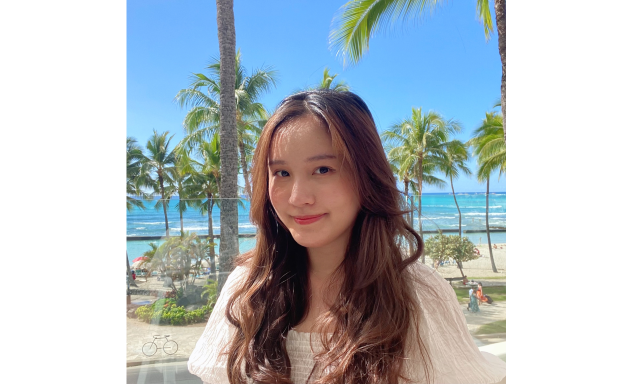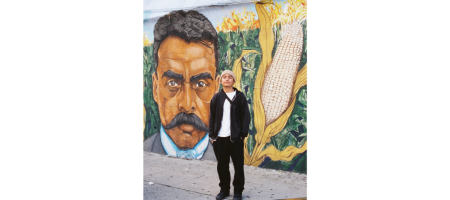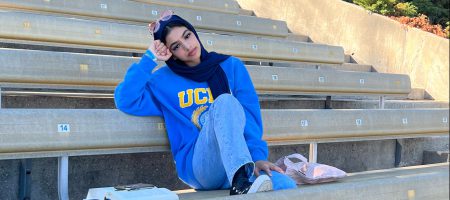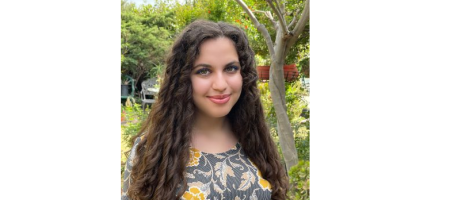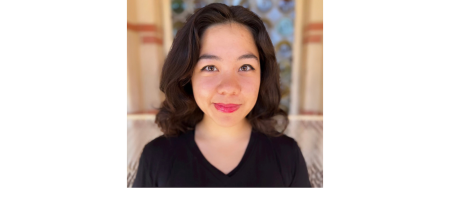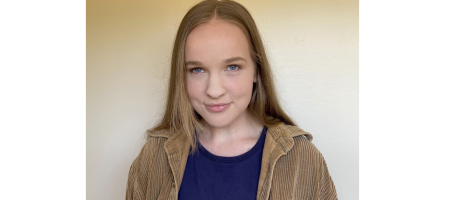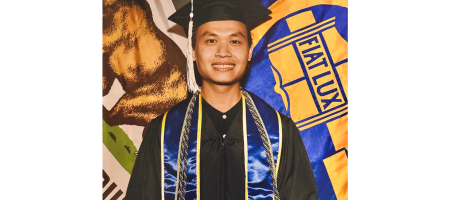Student Spotlight – Sophia Han-Yun Chang
Meet UCLA undergraduate researcher Sophia Han-Yun Chang!
Sophia Han-Yun Chang majors in Sociology and is in our Undergraduate Research Scholars Program. The title of her project is “Performative Political Engagement on Twitter in the Generation of Cancel Culture.” Her work explores how people interact on Twitter under polarization and cancel culture, and how Twitter leads people to behave in such a way. Her best piece of advice is to make a doable time management plan and stick to it.
How did you first get interested in your research project?
My interest in this project stemmed from my daily conversation and experience with social media, particularly Twitter. As the largest microblogging platform, Twitter became a primary medium for political communication and a motivator for political engagement. The cancel culture I observed on Twitter made me wonder how Twitter, as an online social platform shapes political discourse. Also, applying Goffman’s theory, just as in-person social interaction, mediated interaction may involve impression management in which people perform particular political views to construct a digital identity. It is interesting to investigate how people interact on Twitter under the polarization and cancel culture, and how Twitter leads people to behave in such a way.
What has been the most exciting aspect of your research so far?
The most exciting part was learning through interviewing people. As a novice in the field of interviews, I made many mistakes that I should have avoided, such as switching topics too frequently. Although I learned the rules and tips for interviews through the class, the real-life experience was not the same as what the books wrote. Therefore, I was stressed about interviewing people at the beginning. However, as time passed, the interview memos of the previous interviews helped me improve my interview skills effectively. Gradually, I found myself enjoying doing interviews. It became the most exciting part of the research process as I was excited to become a better interviewer and explore the research topic by collecting data.
What has surprised you about your research or the research process?
I was surprised by people’s polarized experiences with Twitter despite using the same platform. I started the research assuming people might have similar experiences. Still, it turned out that the experiences varied depending on the user’s habits, and there was certainly a pattern behind them. I am excited to analyze the fascinating and surprising data to learn about social media’s influence on mediated interactions.
What is one piece of advice you have for other UCLA students thinking about doing research?
I would like to say making a doable time management plan and following the plan is very helpful to researchers. After a quarter of research, I realized that time management was essential to researchers. Time passes surprisingly fast when it comes to research, and each step might take longer than you expected. For instance, I thought recruiting interviewees might take just a few weeks, but I ended up needing more interviewees in the first quarter. Unexpected outcomes like this may lead to difficulties in time management. Also, it is a challenging task to manage time when we have many other responsibilities at school and personal life.
What effect do you hope your research has in your field, at UCLA, in your community, or in the world?
Given the lack of qualitative research and small data analysis on social interactions on Twitter, I hope my research could contribute to existing scholarship on the influence of social media on social justice by discovering the nuance of mediated social interaction in political engagement. Also, by exploring the hidden side of social media, I hope my research can bring new insight into our daily use of social media.


